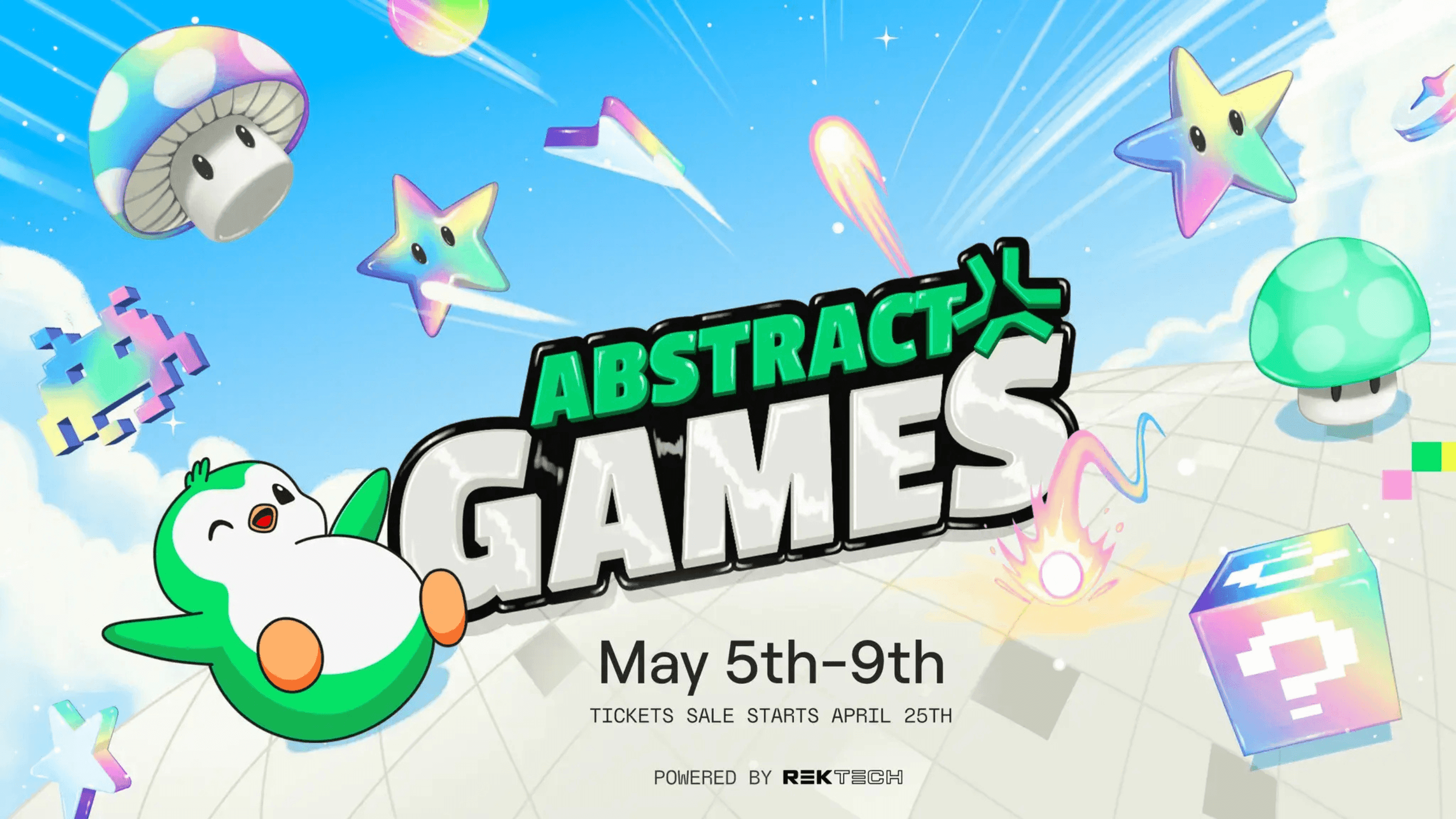Last week, a project called Penguingotchi ($GOTCHI) launched on Abstract, describing itself as a risk-to-earn game. The launch was marked by significant anticipation, with key opinion leaders (KOLs) reportedly being informed ahead of time and given early referral links to promote the game.

Details on the Penguingotchi Ponzi
Penguingotchi Ponzi on Abstract
According to a report by GamingChronicles, over 50 creators were added to a Telegram group to coordinate these referral links. However, before the game itself went live, the $GOTCHI token was launched and quickly saw substantial trading activity. By the time the contract address was shared within the group, the token’s market capitalization had already reached over $5 million.
The early token activity raised concerns about fairness and transparency. Many of the influencers involved in the promotional effort did not benefit from their early access, as sniping and bundling had already taken place by the time they were ready to engage.
While the token eventually peaked at a market capitalization of around $15 million—briefly becoming the second highest on Abstract—it then rapidly declined. By the end of the same day, the project’s valuation had fallen to approximately $150,000 FDV, and the game itself saw minimal activity before effectively shutting down.

Details on the Penguingotchi Ponzi
Allegations of Insider Dumping and Community Fallout
Following the sudden collapse of Penguingotchi, allegations emerged that the dumping of tokens had been orchestrated by insiders, possibly members of the development team. This led to frustration among both the KOLs, who had not received compensation or any strategic advantage, and retail buyers who saw significant losses. The project’s abrupt rise and fall raised immediate comparisons to past projects launched on Abstract, particularly Bigcoin and Blast’em, both of which had generated similar criticisms around transparency and risk.
Several figures associated with Abstract had publicly supported Penguingotchi, which added a layer of credibility to the project in the eyes of potential investors. This endorsement has since been questioned, particularly as the fallout led to widespread criticism and increased skepticism within the community. The situation highlighted the influence of platform-backed promotions in web3 and how such endorsements can impact investor behavior.

Details on the Penguingotchi Ponzi
Abstract Addresses Concerns and Pledges Improvements
In response to the controversy, Phin, a key figure within the Abstract team, addressed the matter in a Twitter (X) space. He acknowledged the need to improve project curation standards and stated that the platform would implement tighter processes moving forward. The incident also reignited ongoing concerns raised by community members such as Lennart, who had previously questioned Abstract’s project selection and its responsibility to users, especially in light of the Bigcoin promotion.
There are also indications that the team behind Penguingotchi may have previously launched a similar project called “Gacha Peng” in May, which followed a comparable structure and theme. That project’s social media presence has since been deleted, further fueling suspicions about the intentions and credibility of those involved.

Details on the Penguingotchi Ponzi
Broader Implications for Web3 Gaming
The Penguingotchi episode illustrates the ongoing challenges faced by platforms operating within the web3 gaming space. High-risk, high-reward games can attract significant attention and liquidity, but they also bring with them the potential for manipulation and reputational damage. While these games may generate short-term gains in user engagement, the long-term consequences for platform credibility and investor trust are increasingly evident.
As web3 continues to evolve, the importance of transparent project vetting and user protection becomes more pronounced. Platforms like Abstract are now being called upon to take more active roles in safeguarding their communities, ensuring that games and tokens launched under their banner meet basic standards of integrity and fairness. Without such measures, the space risks alienating users and undermining the potential of blockchain technologies.


